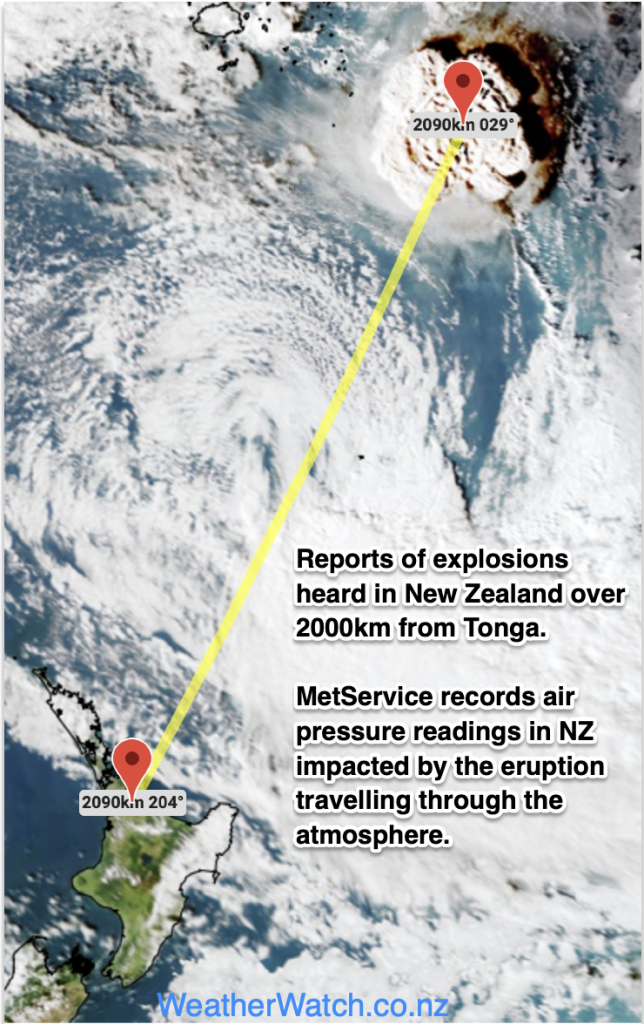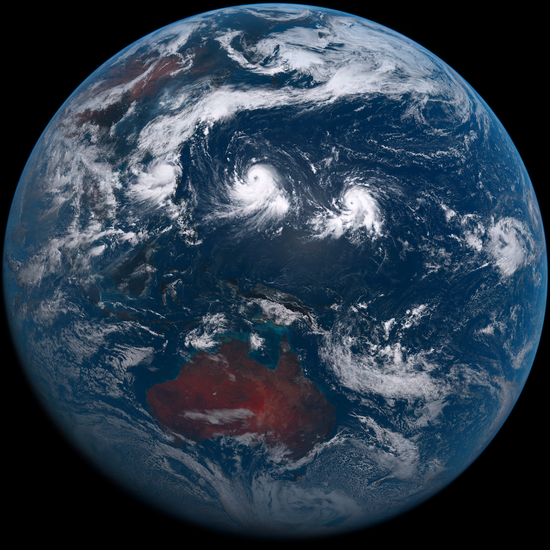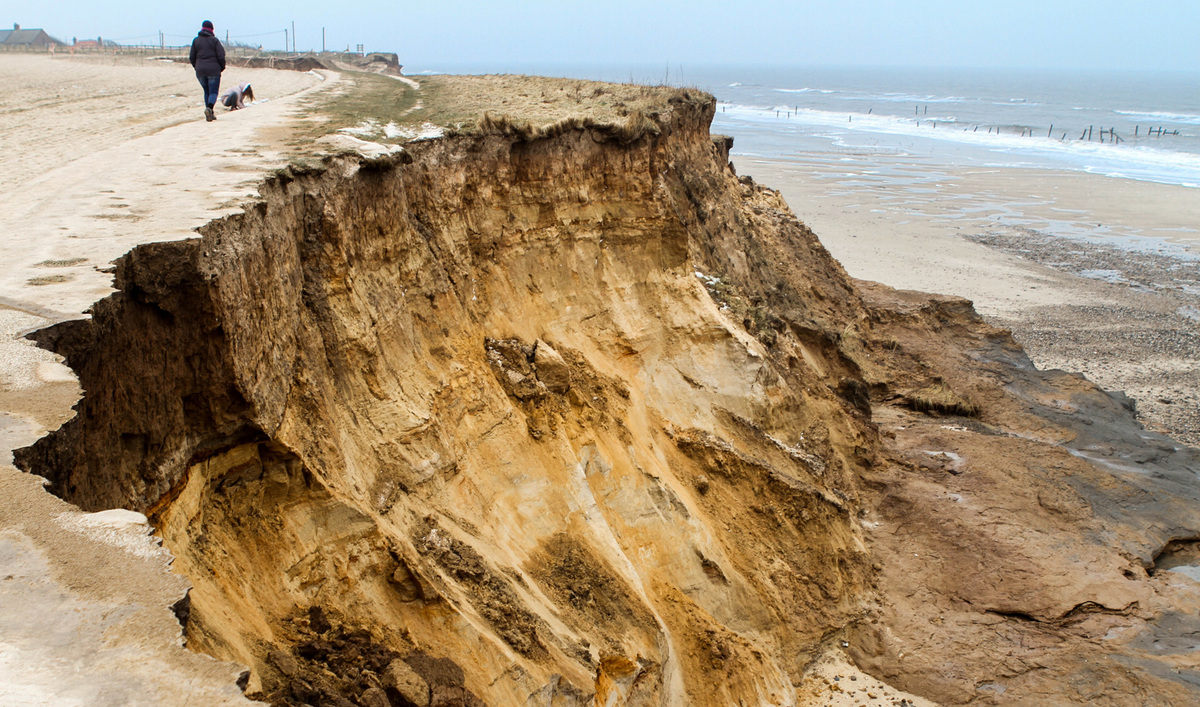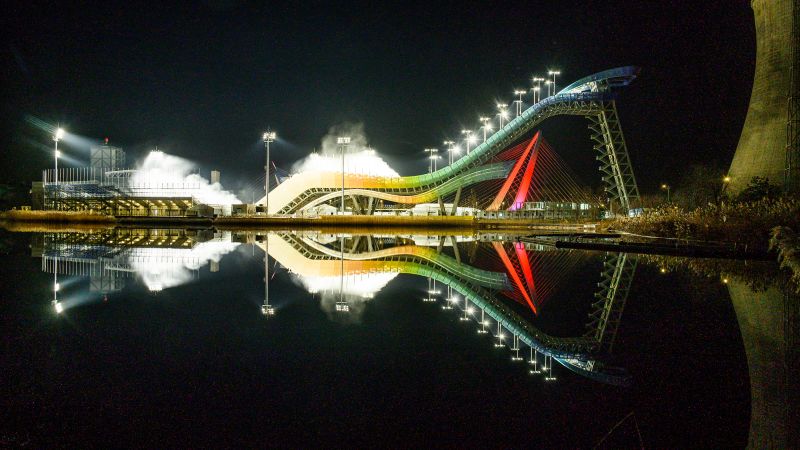Hunga Tonga Hunga Ha'apai Volcano Explodes 15 Jan 22

 www.weatherwatch.co.nz
www.weatherwatch.co.nz
Satellite last 24hrs;

Twitter of shock wave CAUTION: LOUD!

Tonga: Size of eruption put into perspective (InfoGraphics & Maps)
No matter how you look at this, the eruptions in Tonga on Saturday afternoon were absolutely enormous. From the speed…
Satellite last 24hrs;

Himawari-8 Real-time Web - NICT
The Himawari-8 Real-time Web is an application via big-data technologies developed by the NICT Science Cloud project in NICT (National Institute of Information and Communications Technology), Japan. Development is in collaboration with JMA (Japan Meteorological Agency) and CEReS (Center of...
himawari8.nict.go.jp
Twitter of shock wave CAUTION: LOUD!





